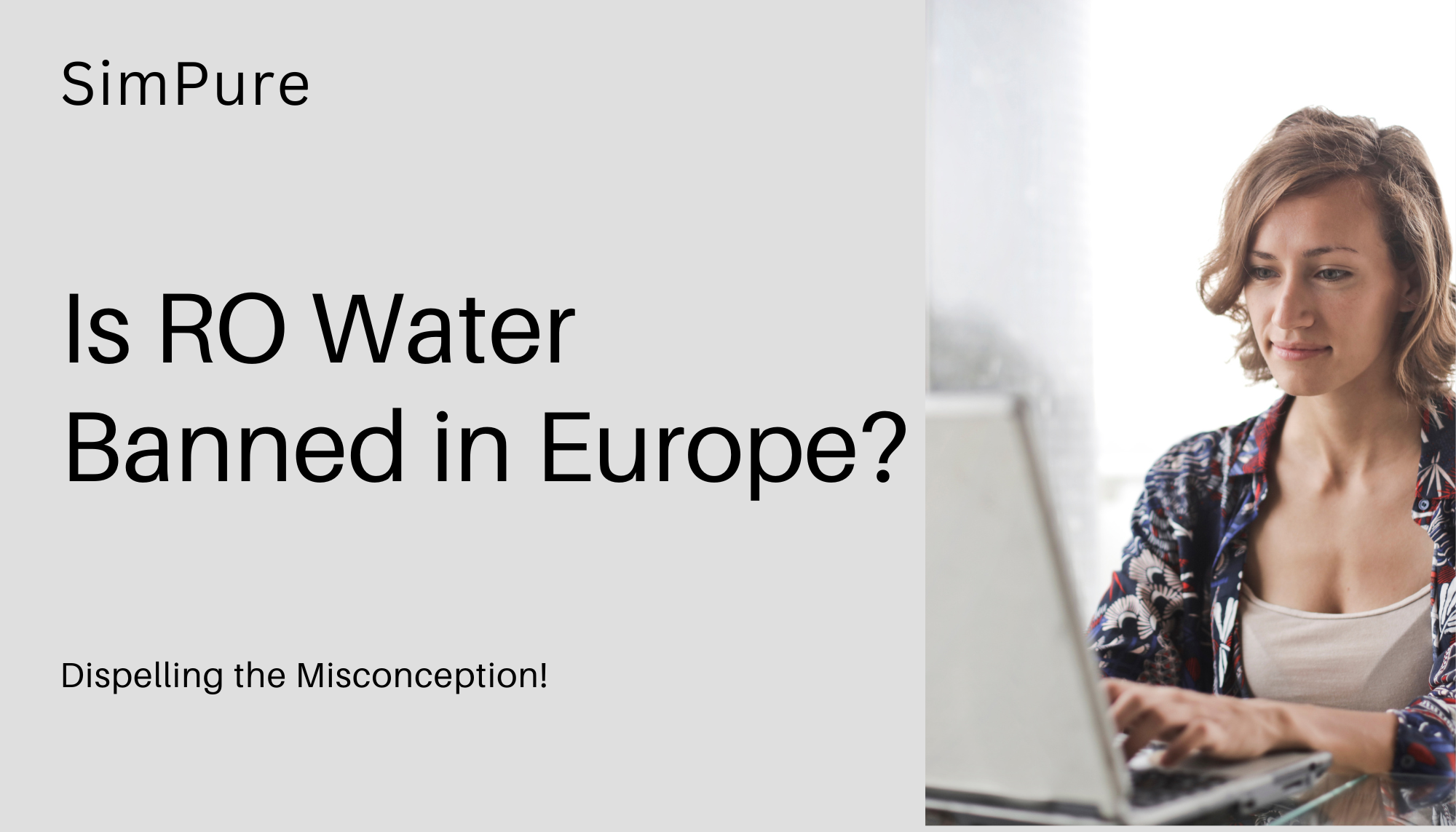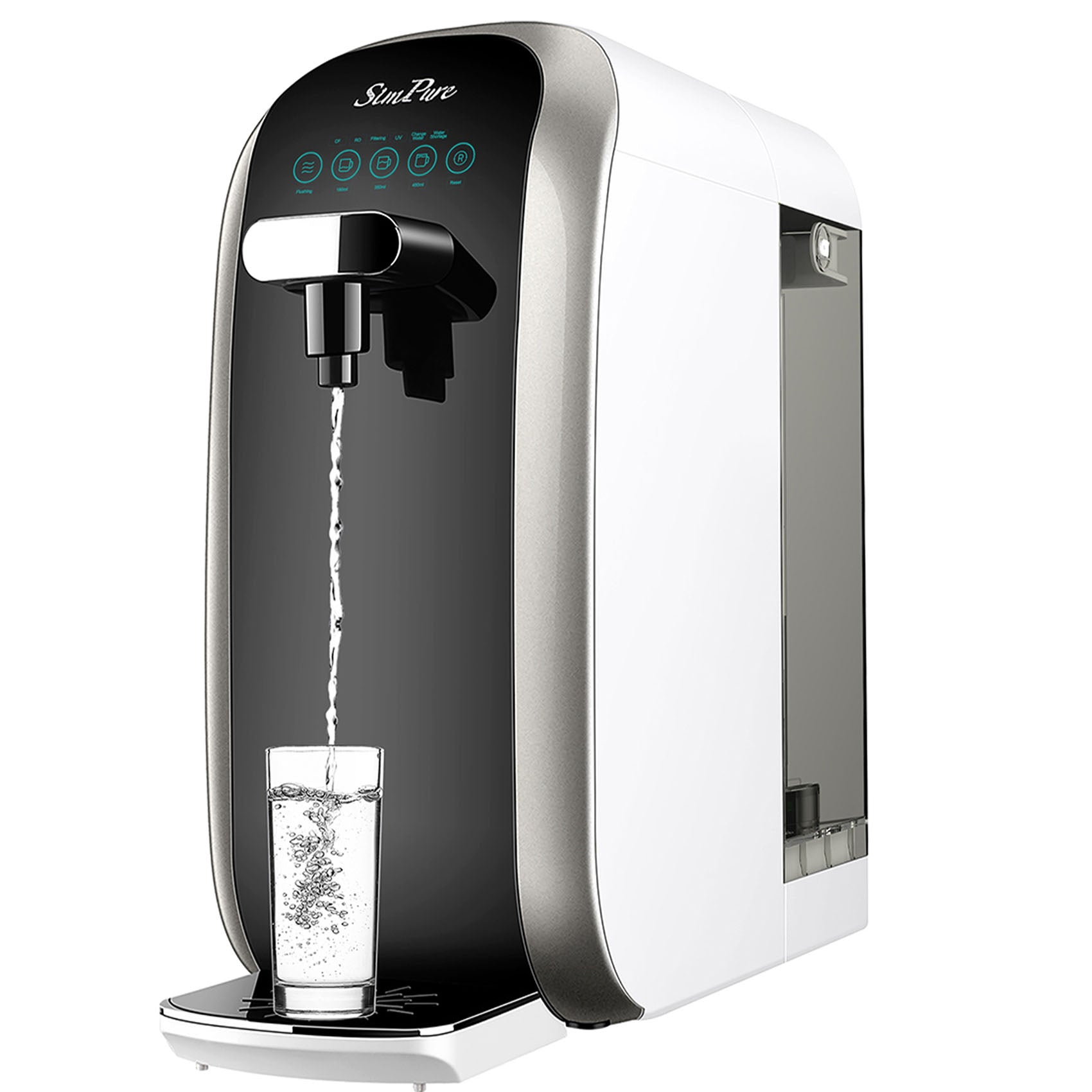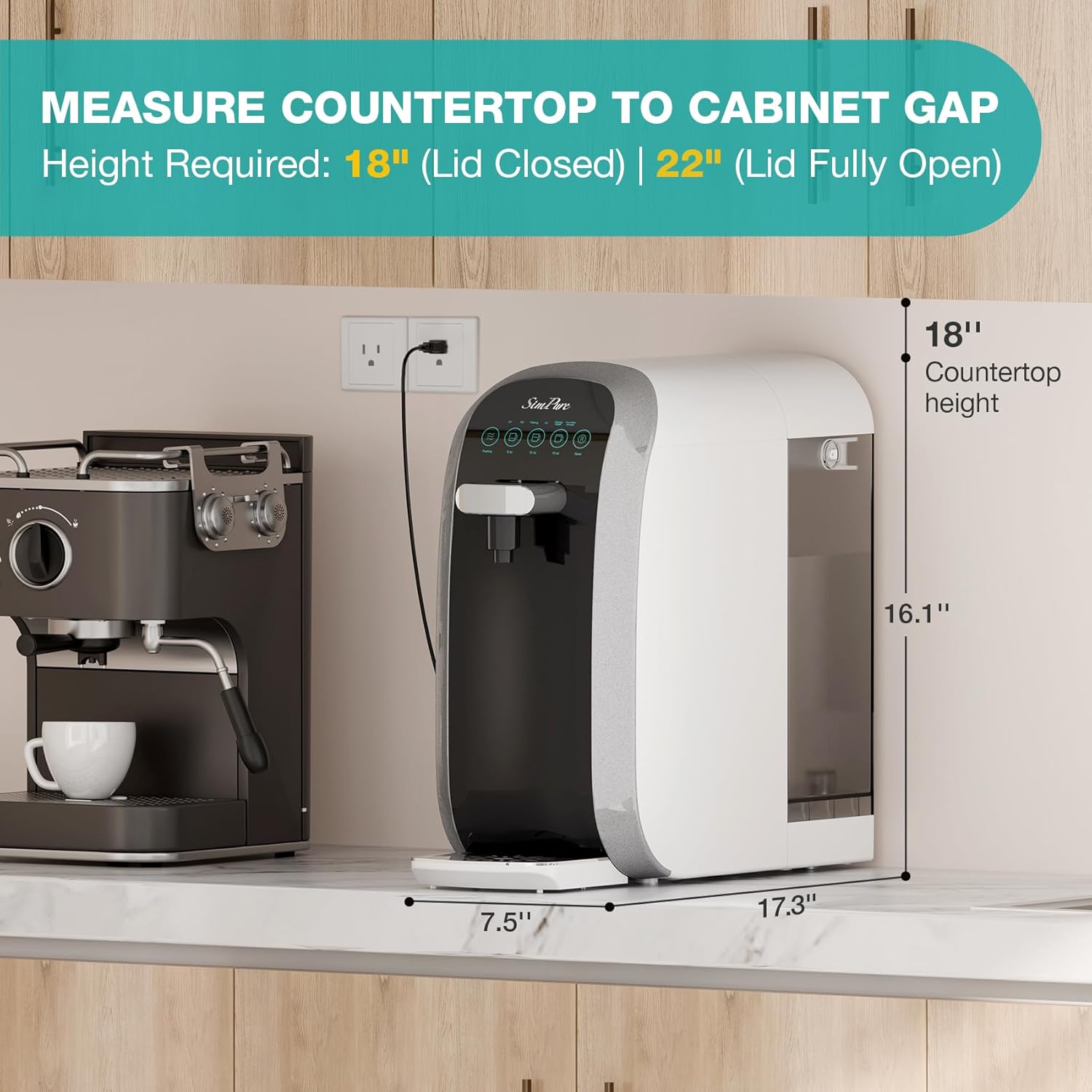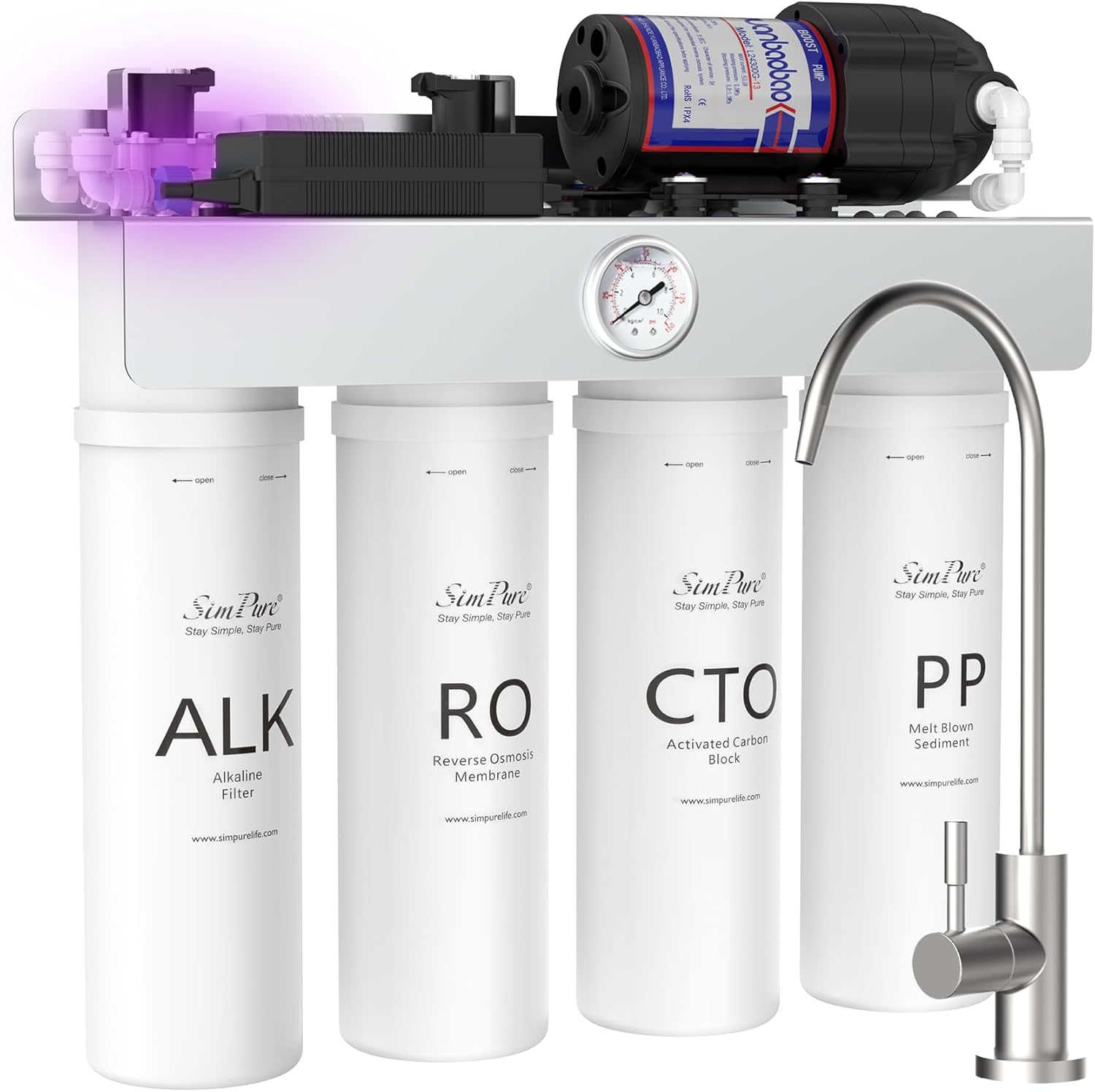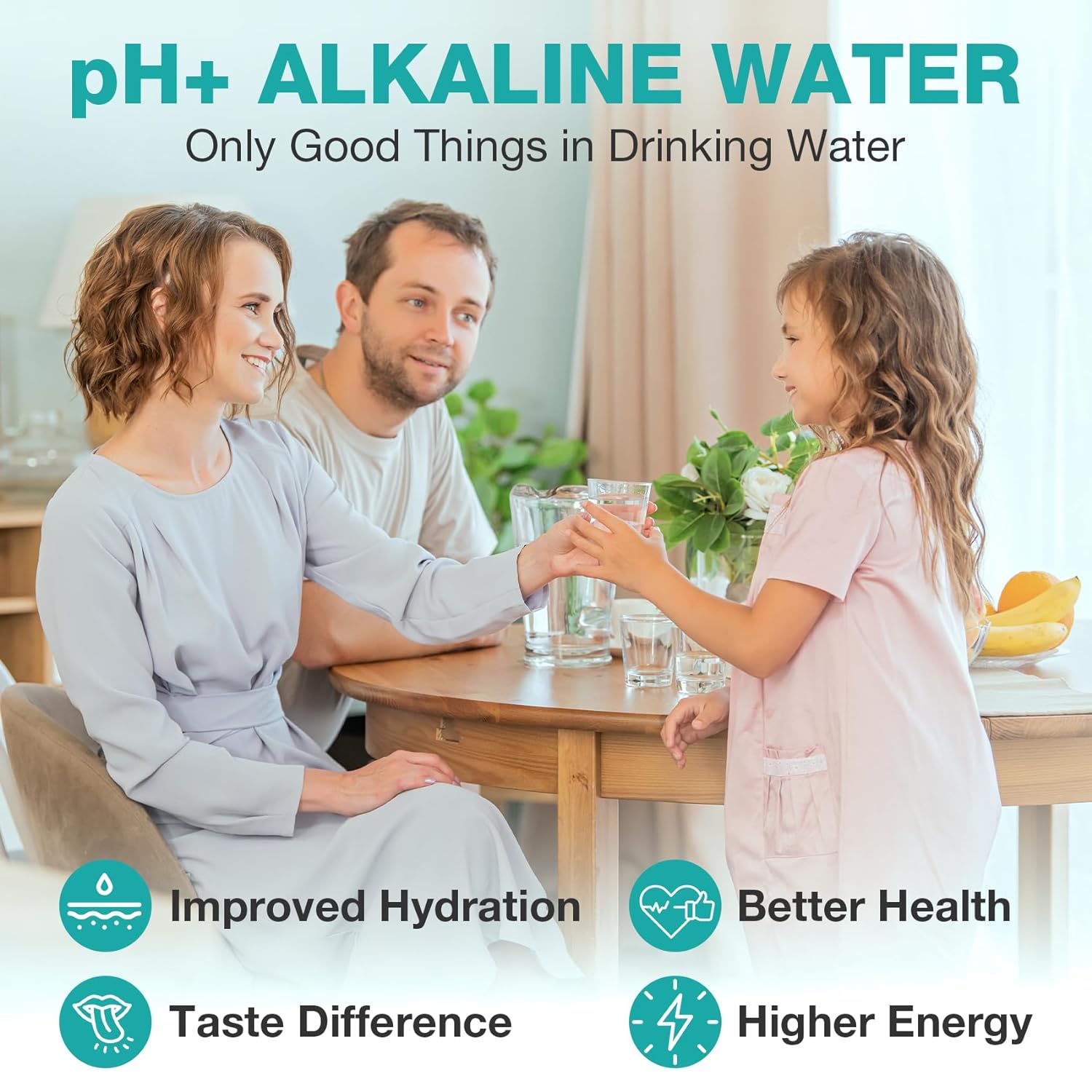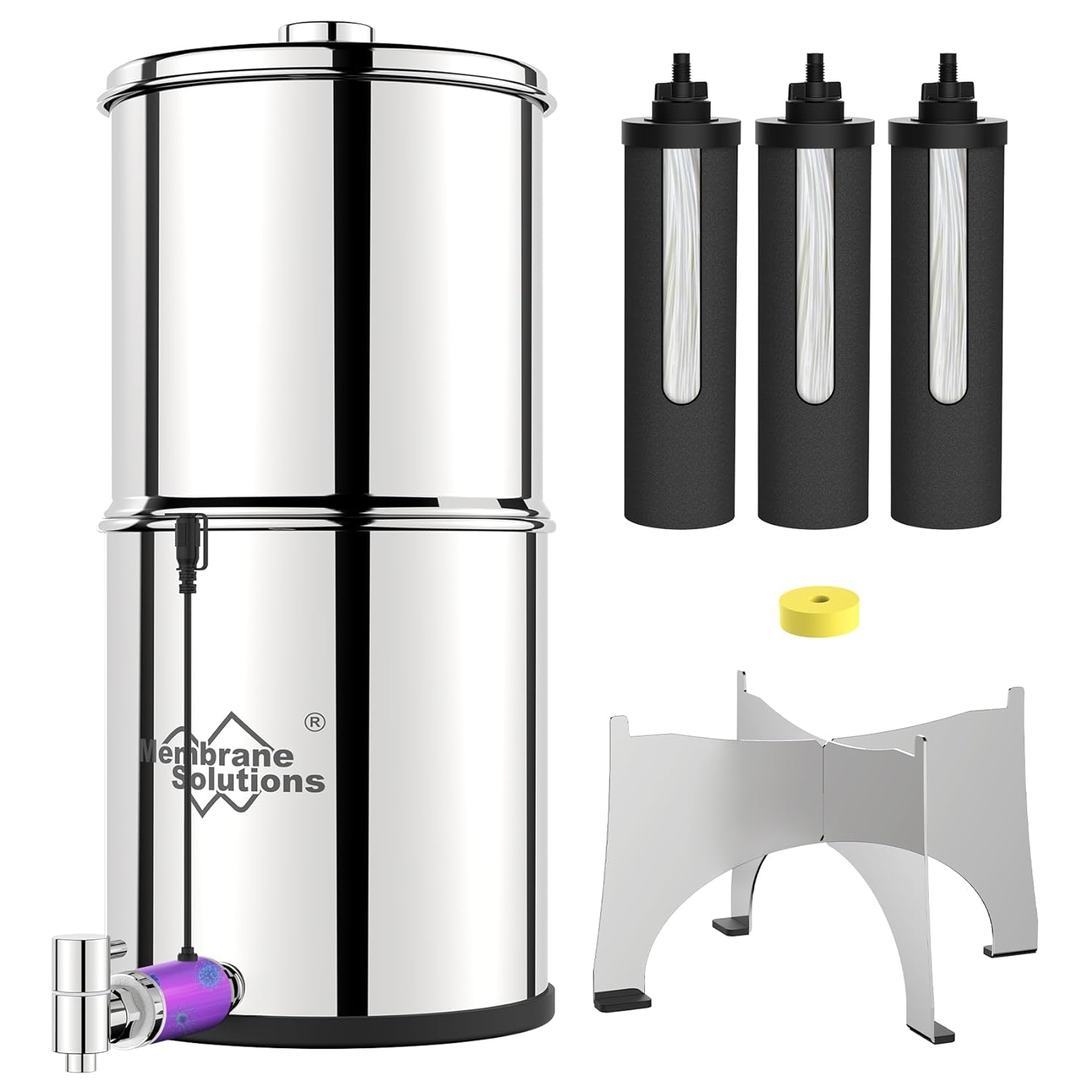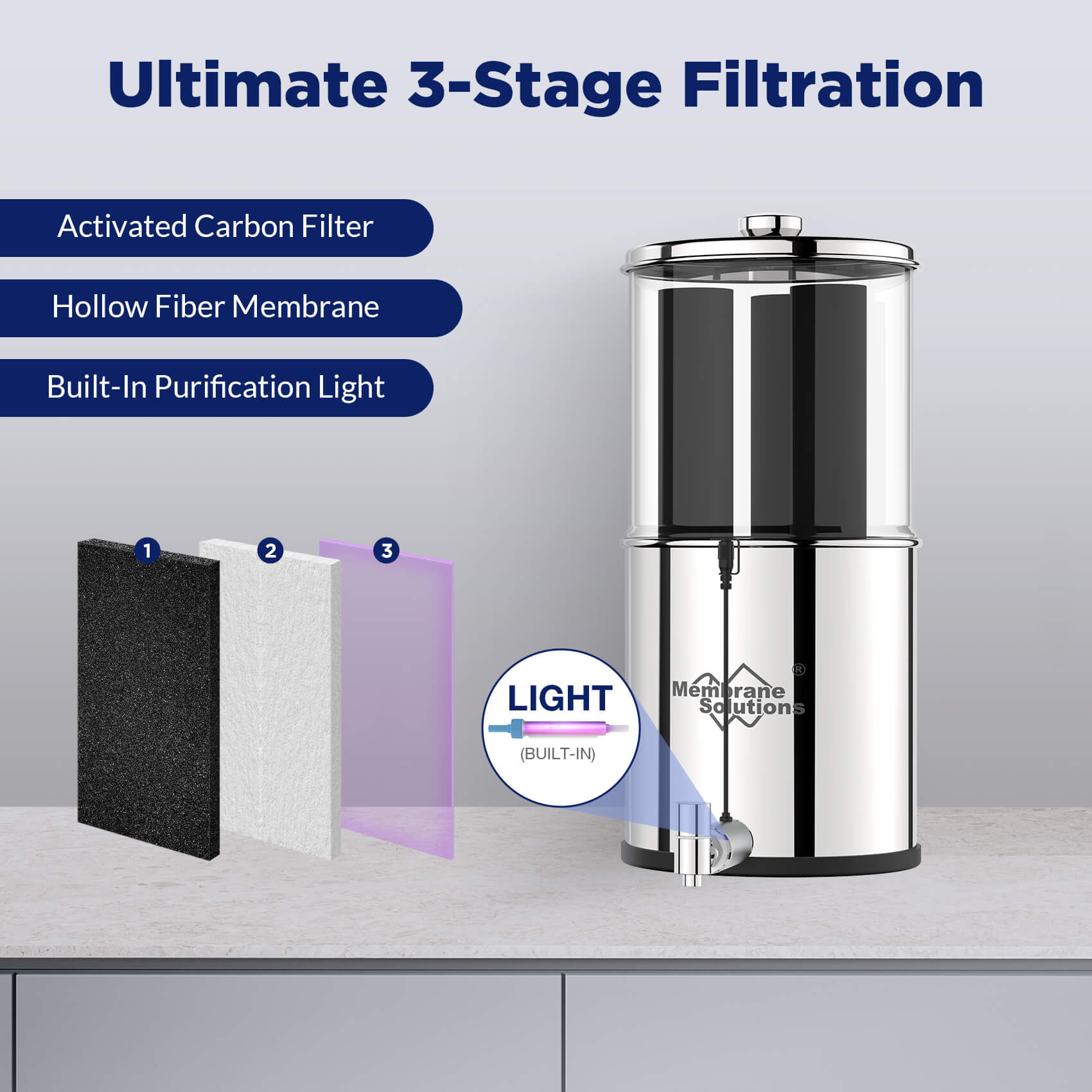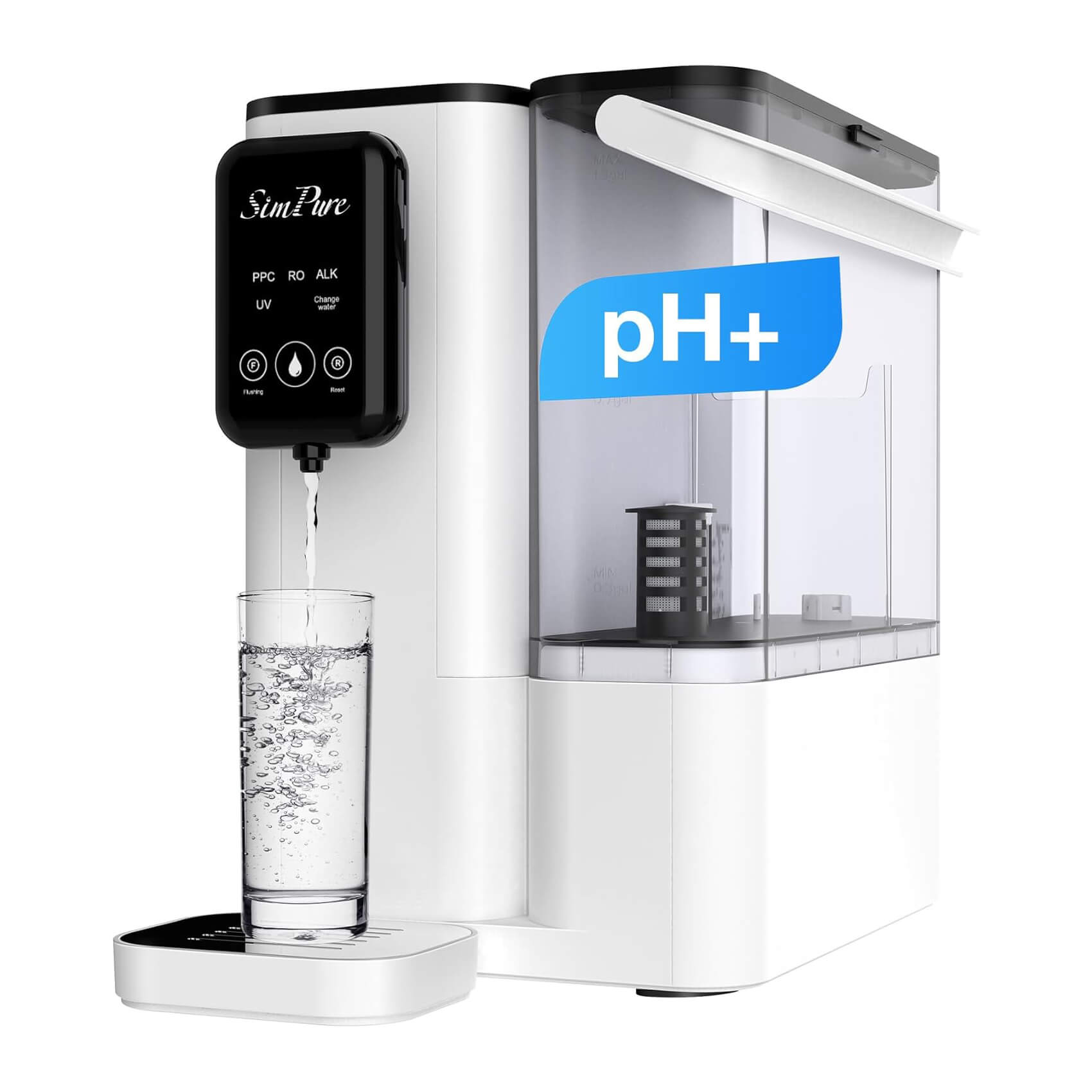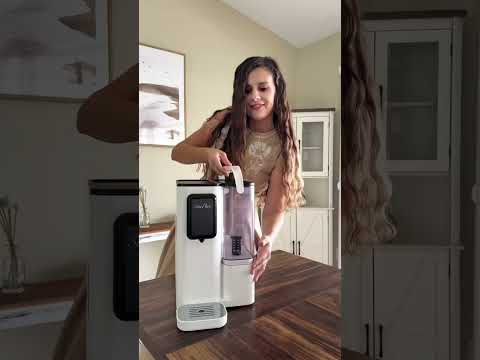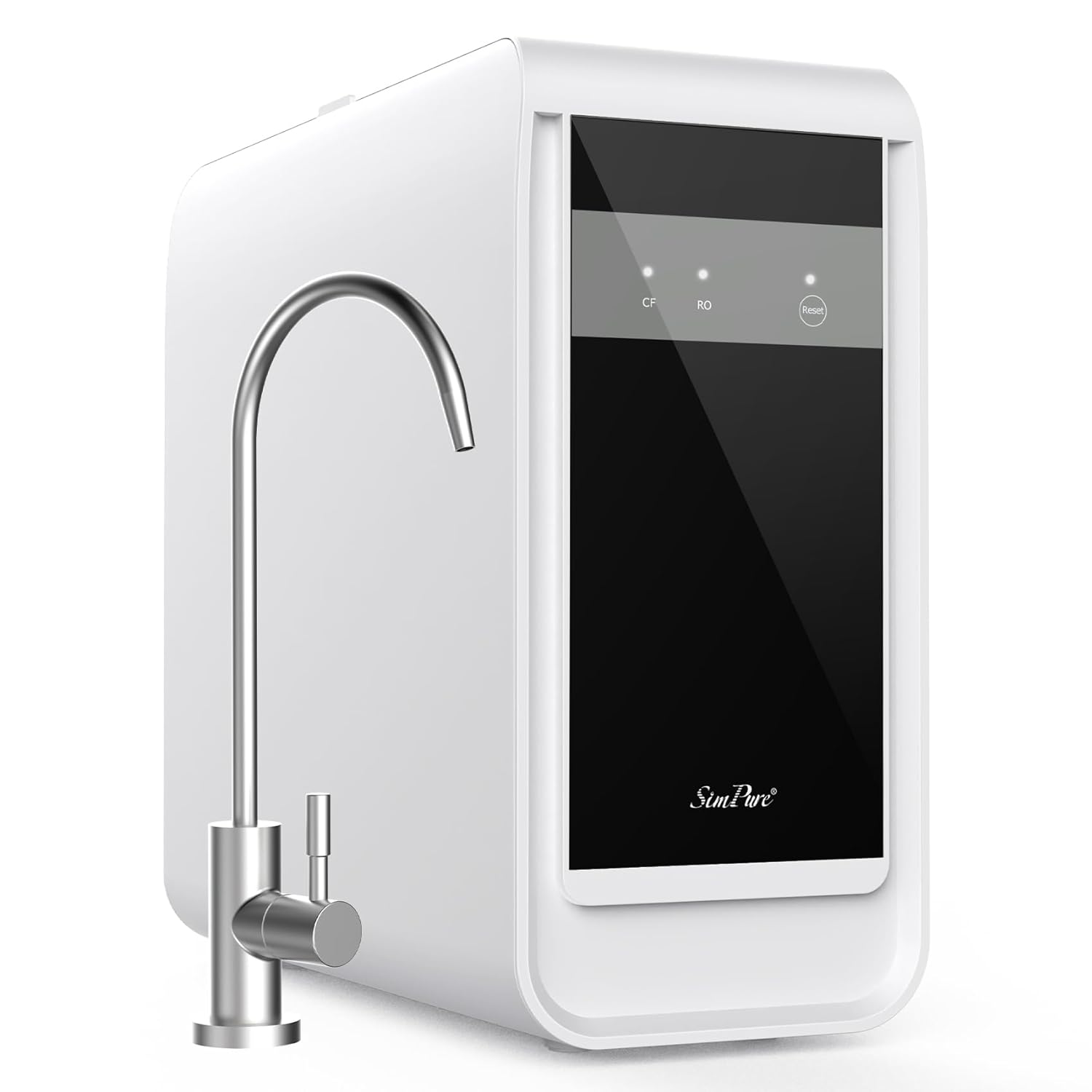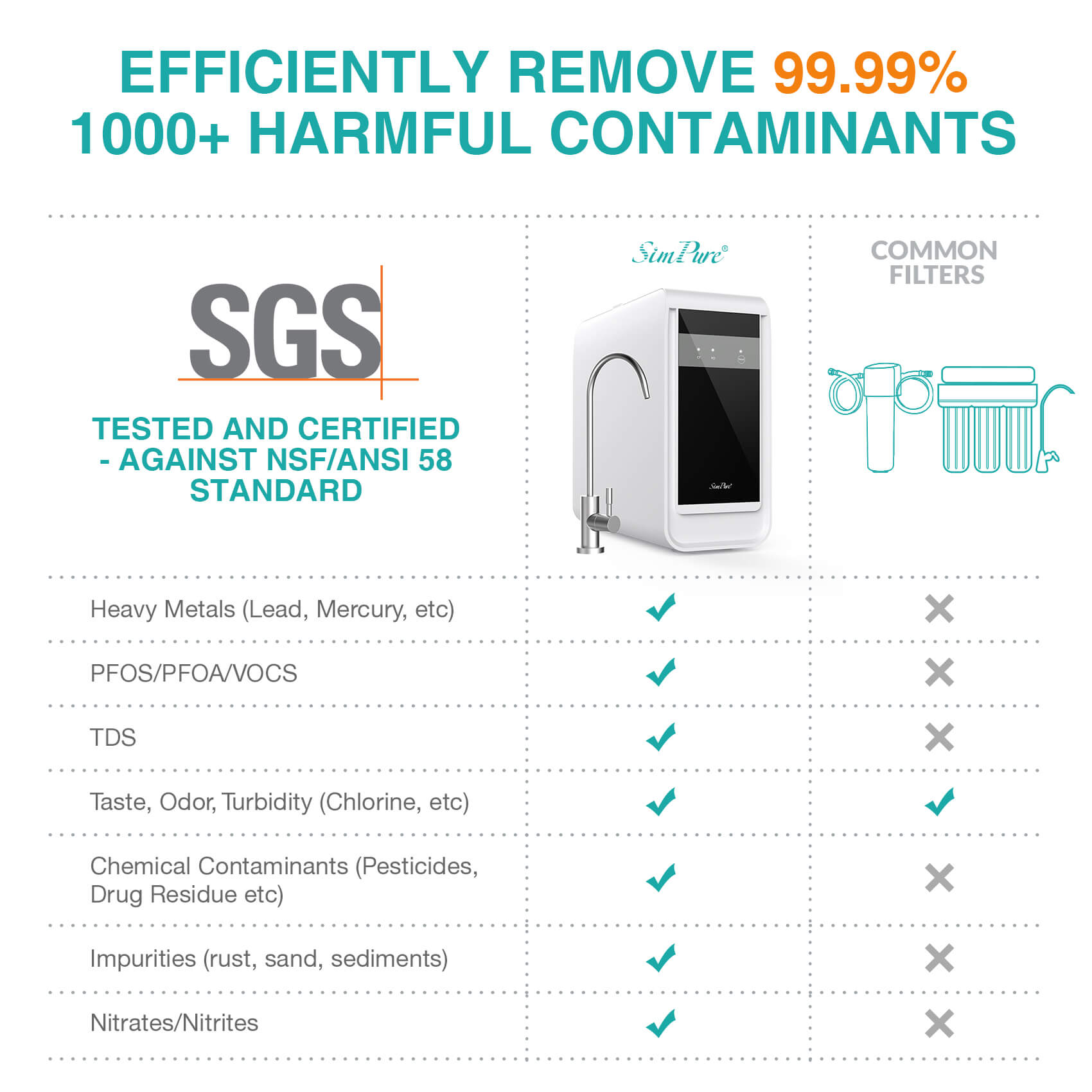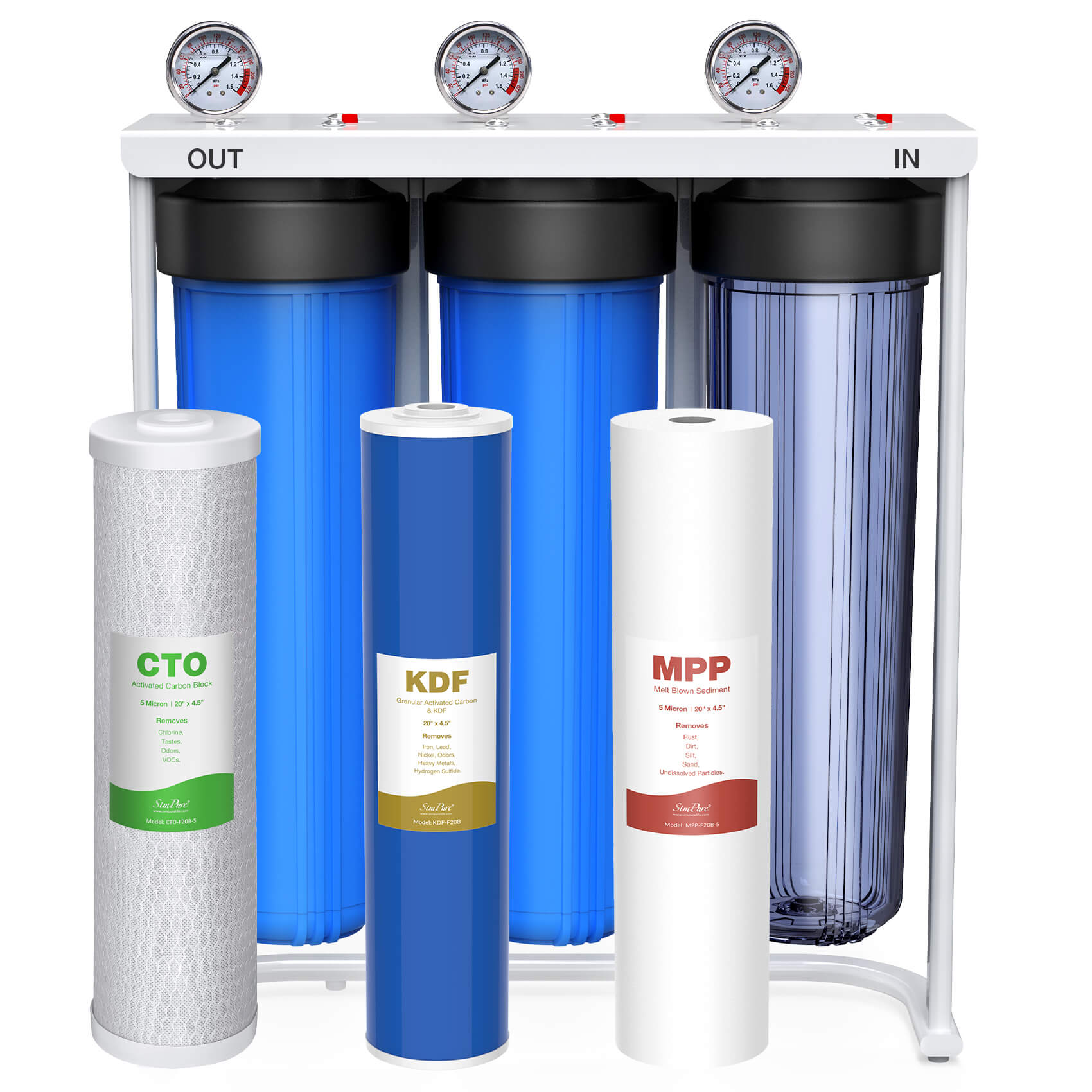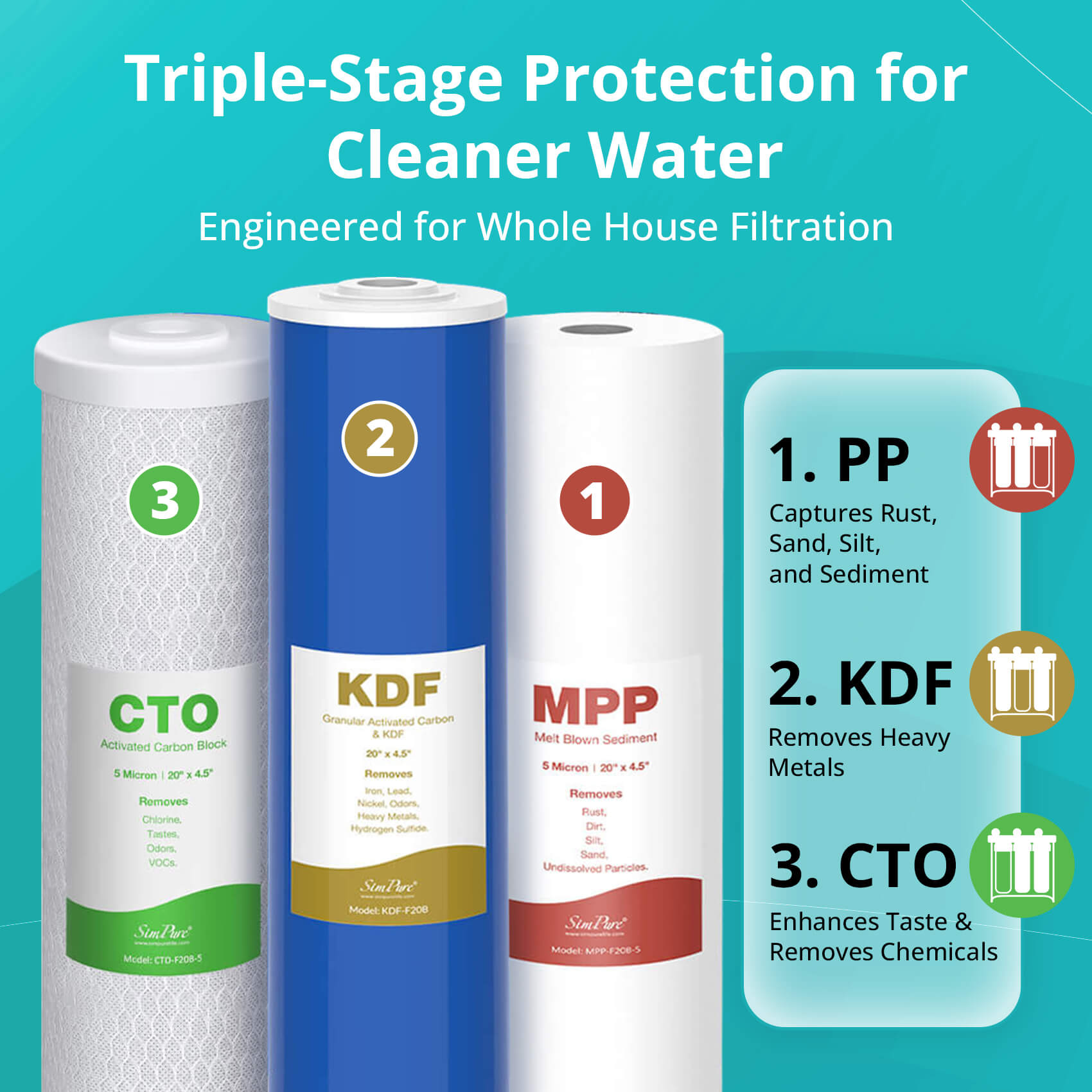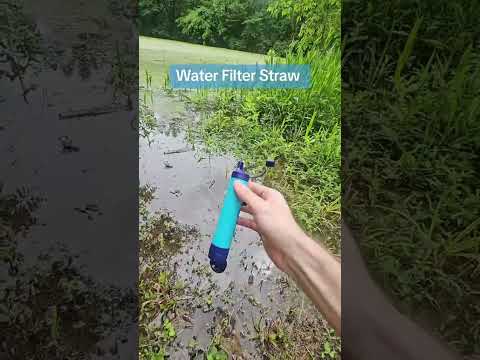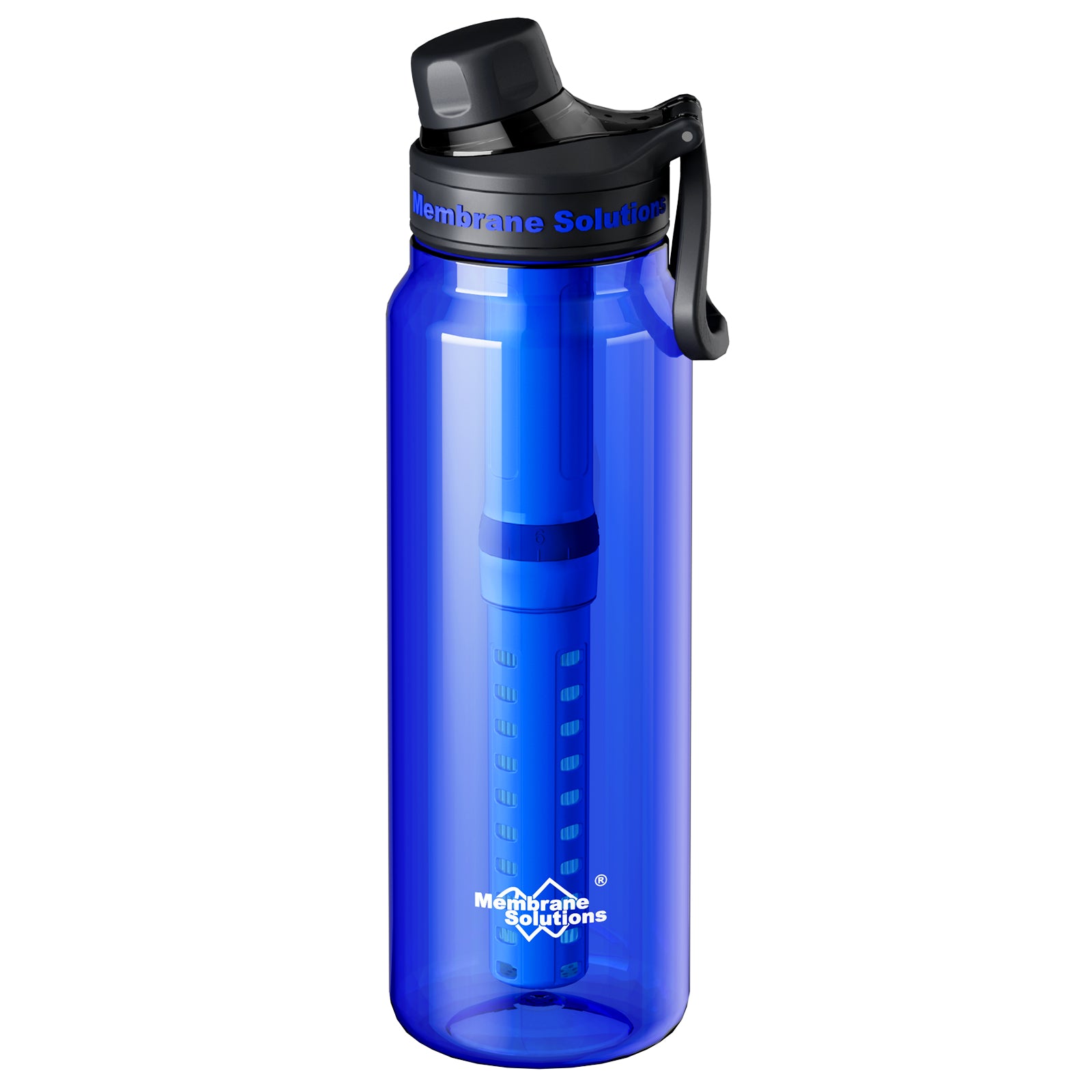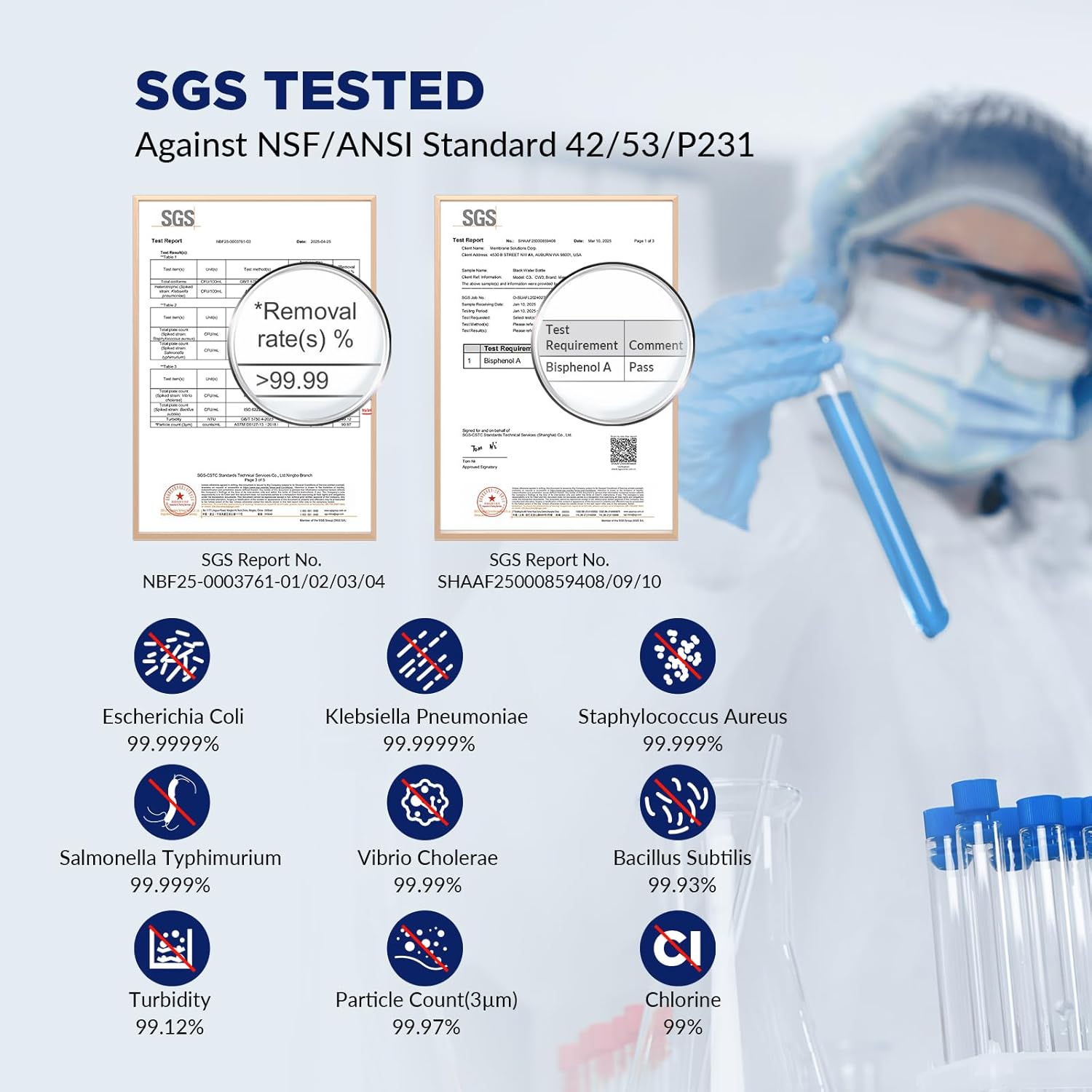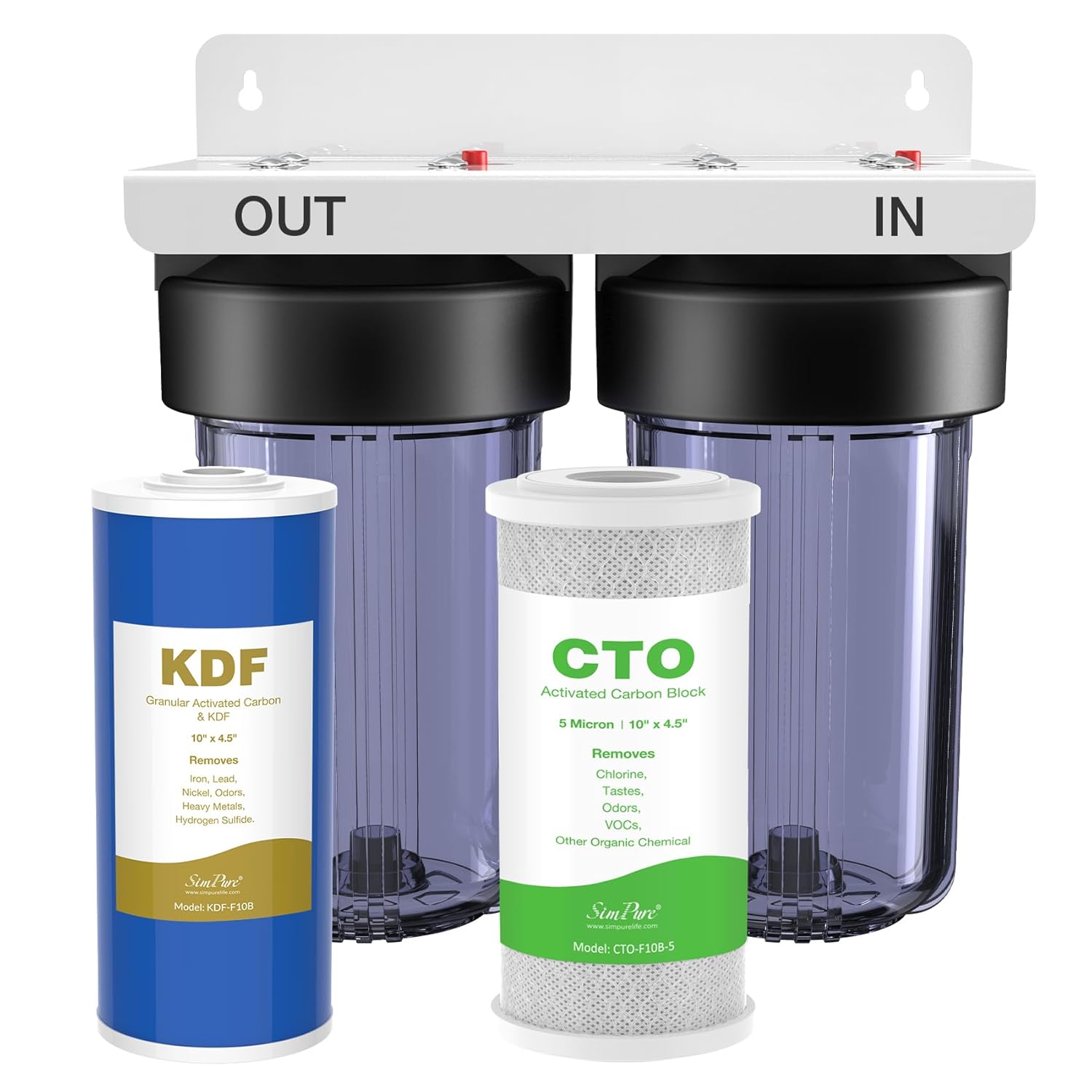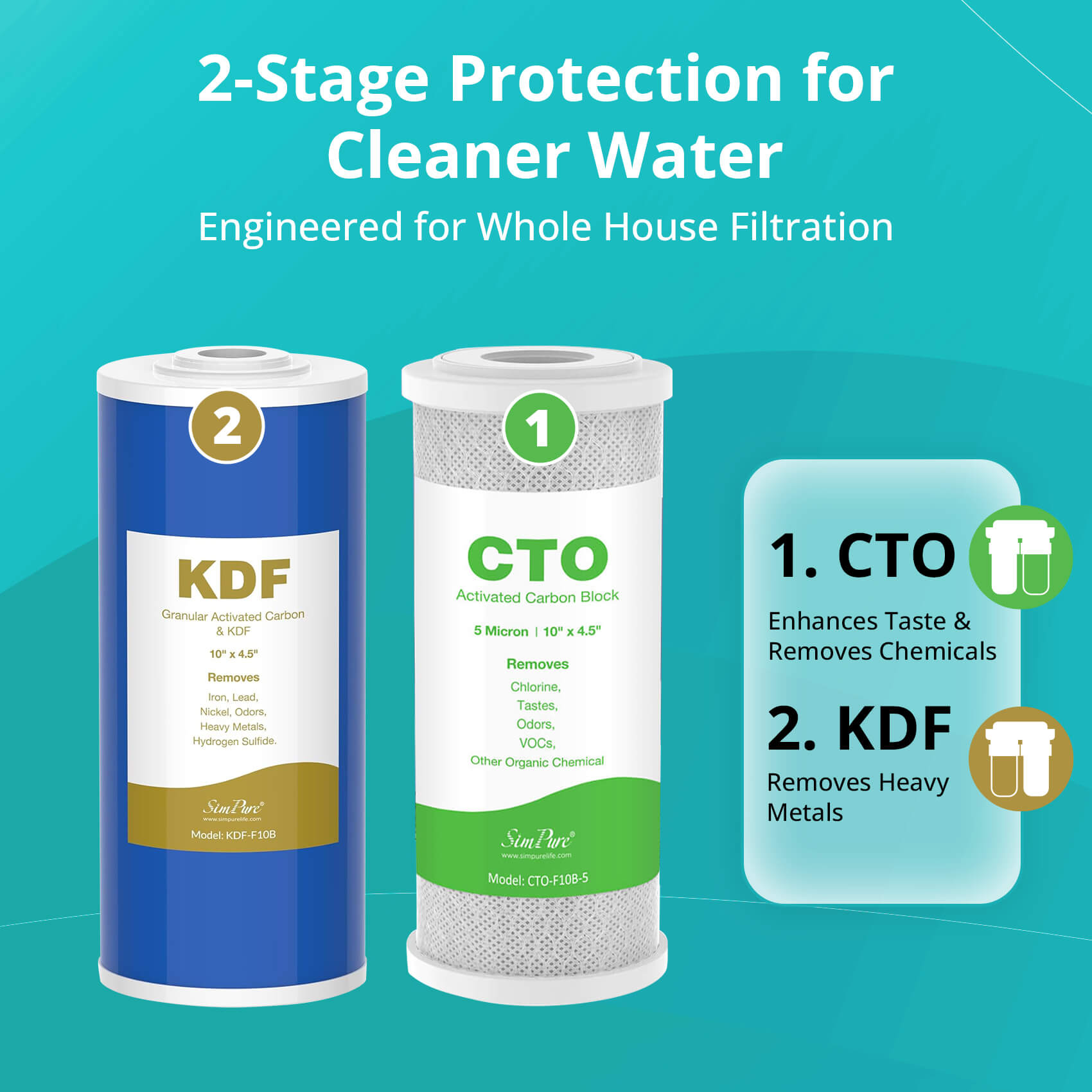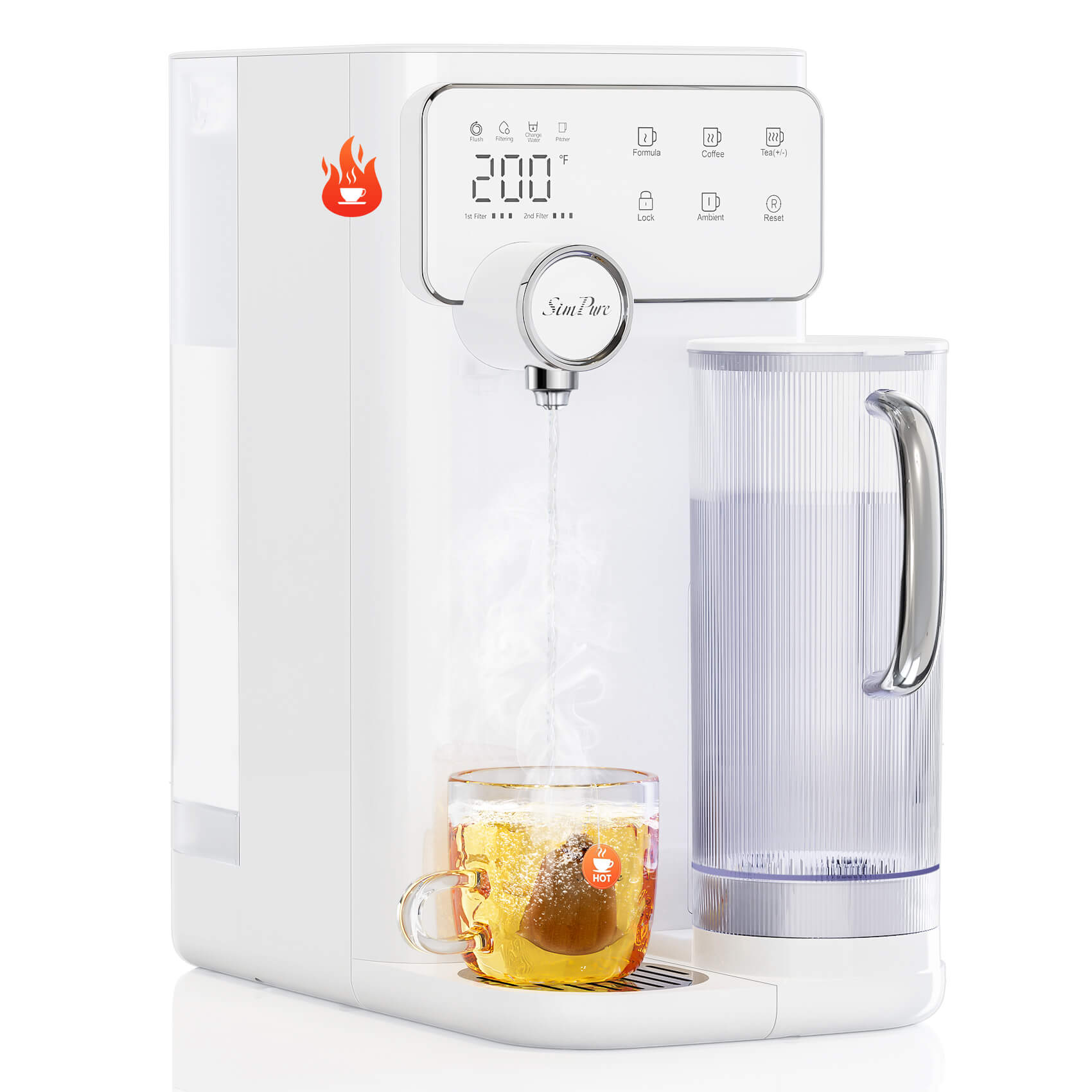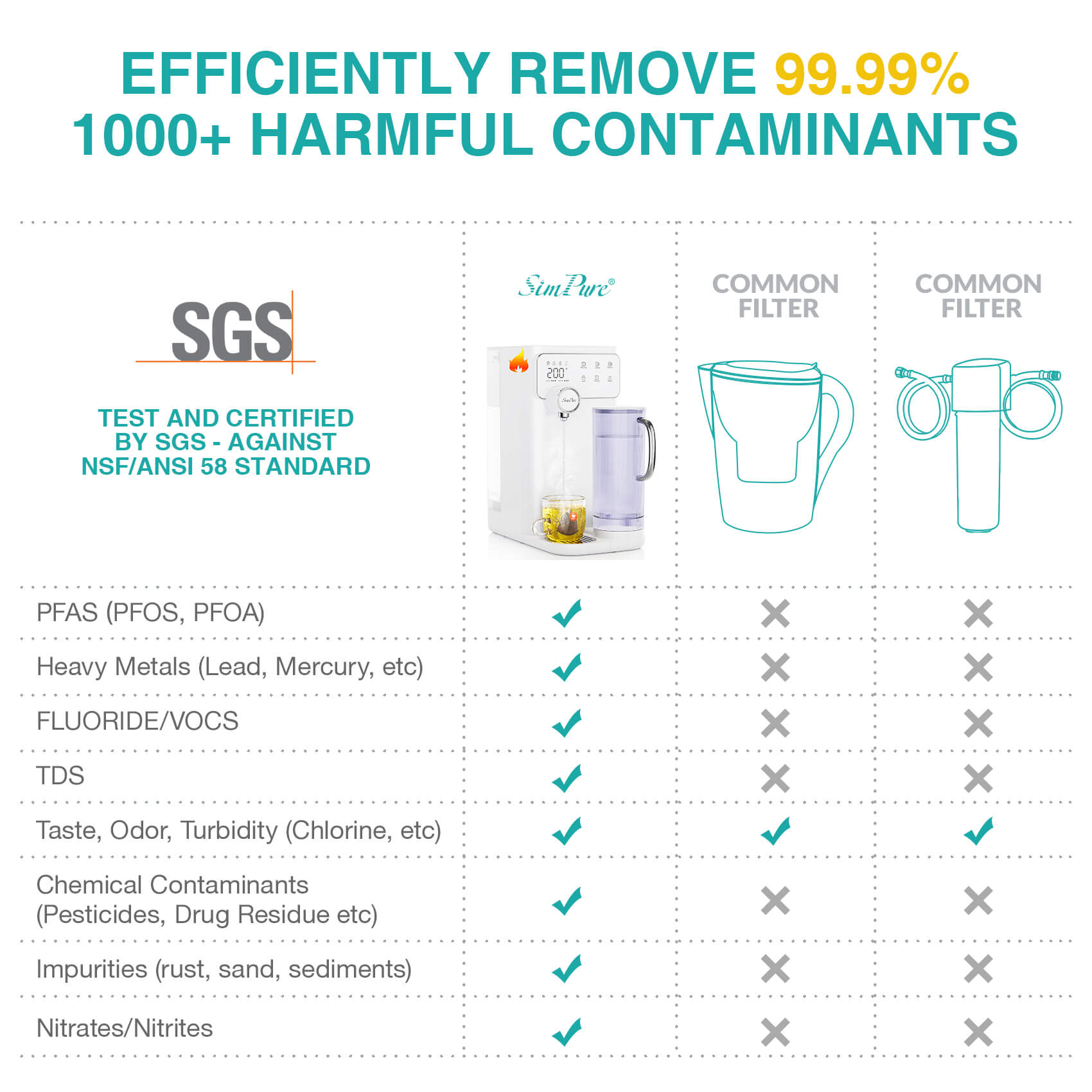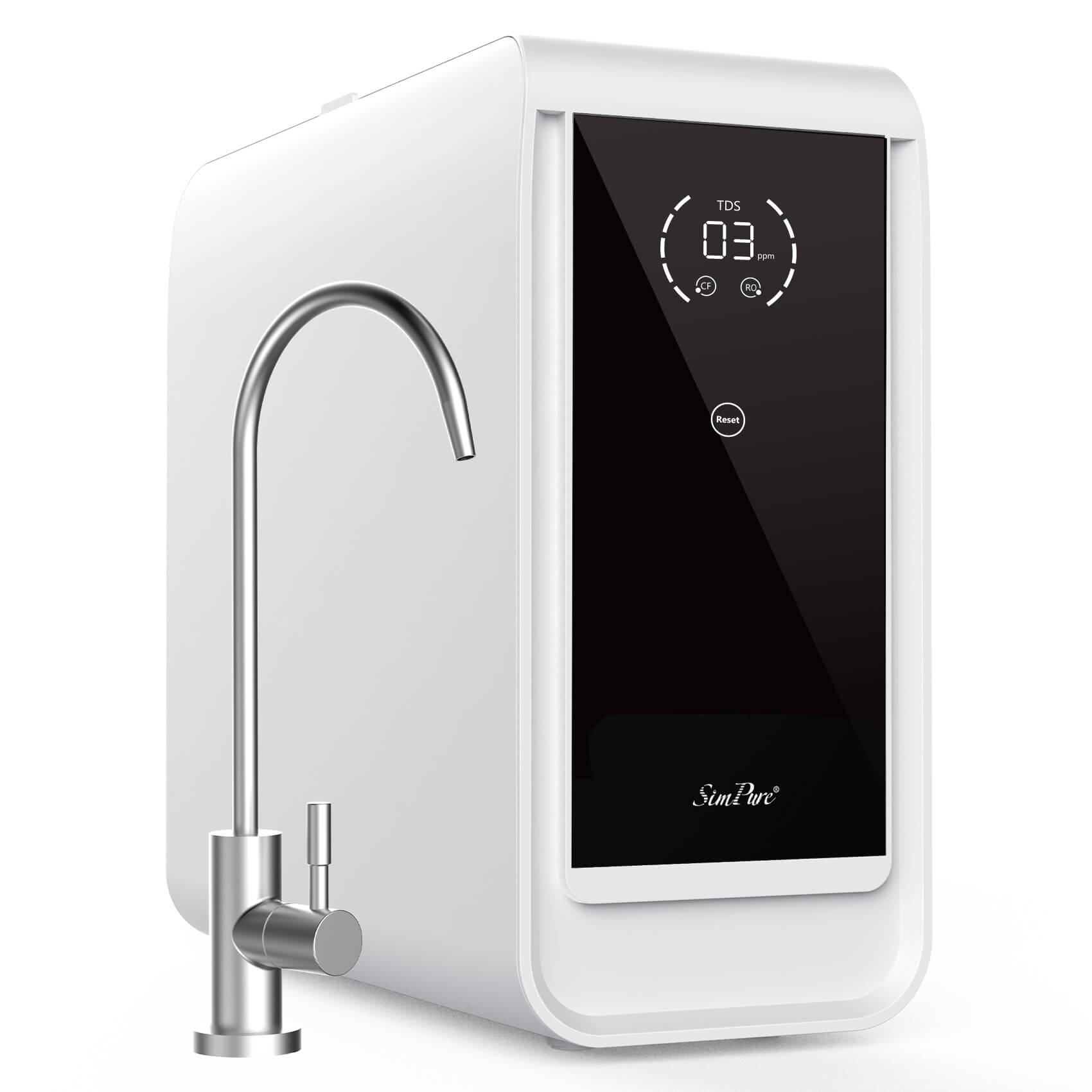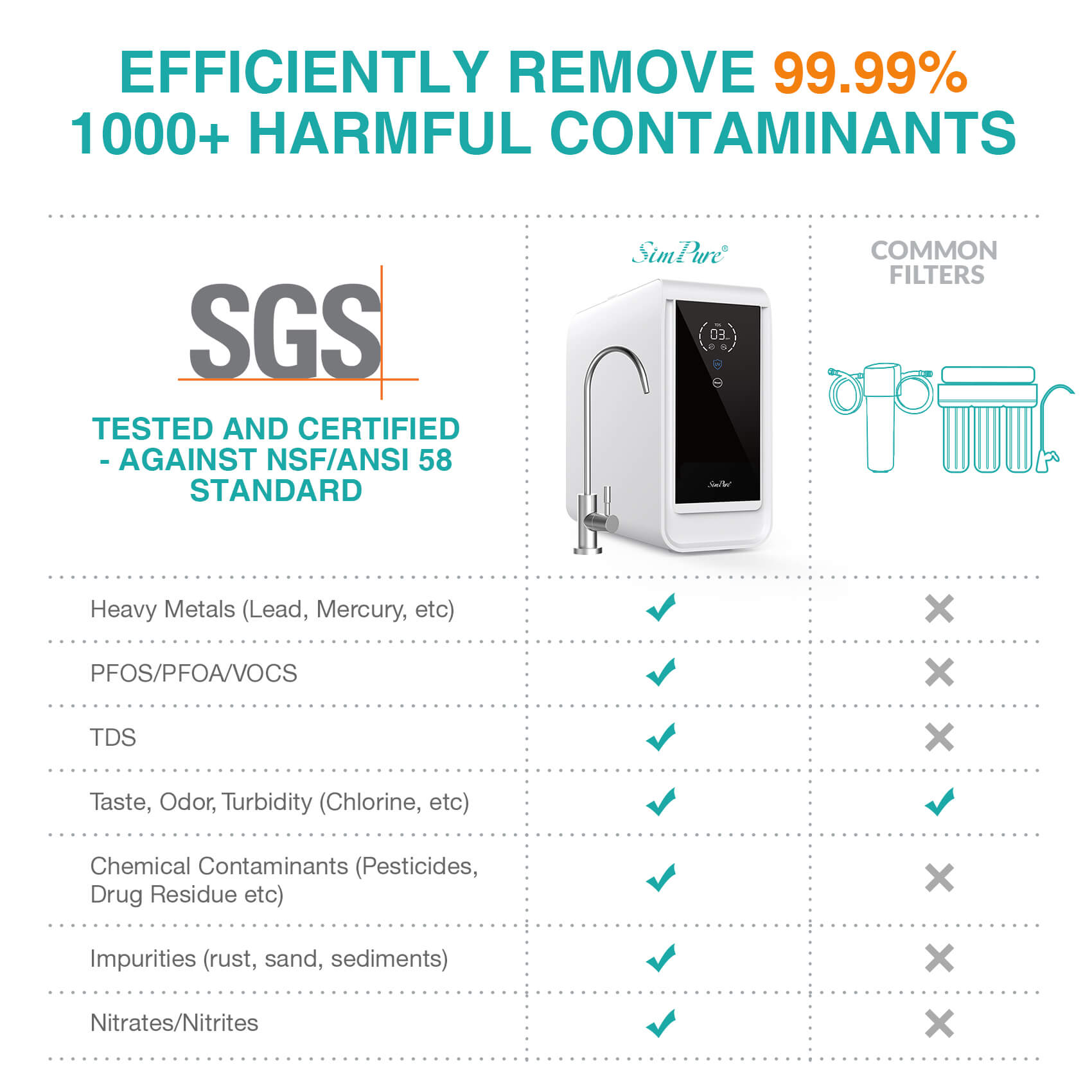Is RO water banned in Europe? This is a question that confuses many people. Some claim that RO water is banned in Europe, while others say RO water is still legally sold. Such conflicting discussions not only confuse consumers, but also lead to some misunderstandings. In this article, we will discuss in depth the legal status of RO water in Europe and the popular water purification methods in Europe, in order to answer your doubts about the ban on RO water in Europe.

Is RO Water Banned in Europe? No!
No, reverse osmosis water is not banned in Europe. While there are regulations in place to ensure the safety and quality of drinking water, these regulations do not prohibit the use of RO systems. In fact, many European countries use RO water as a common method of water purification, and it is considered safe and effective when properly maintained and operated.
Credible Sources that RO Water is Not Banned in Europe
1. The European Commission is responsible for regulating and ensuring the safety of drinking water in the European Union. Their website states that reverse osmosis is a recognized treatment process for drinking water, and there are no bans or restrictions on the use of reverse osmosis systems in the EU.
2. The World Health Organization (WHO) is a specialized agency of the United Nations that is responsible for promoting public health globally. According to their website, reverse osmosis is a well-established and widely used method for water treatment and is considered safe and effective when properly designed, operated, and maintained.
3. The Water Treatment Guide is an online resource that provides information and guidance on water treatment technologies. According to their website, reverse osmosis is a common method of water treatment in Europe and is used by many industries, including food and beverage, pharmaceutical, and semiconductor manufacturing.
In conclusion, various credible sources including the European Commission, WHO, and industry associations confirm that RO water is not banned in Europe and is a safe and effective method of water treatment. So make sure the answer to is RO water banned in Europe is NO!
Actual Areas Where RO Water is Banned
India is the only known country to ban reverse osmosis water filters, albeit only in specific circumstances. The National Green Tribunal (NGT) cited the "huge waste of water" resulting from reverse osmosis systems in populated areas as the reason. Nonetheless, the ban is only applicable when total dissolved solids (TDS) are less than 500.
More Importantly, No Water Purification Methods are Banned in Europe.
In fact, through the understanding of European water quality regulation, we find out that Europe does not prohibit any kind of water purification method.
European Water Quality Regulatory Framework
The European Union adopted a revised Drinking Water Directive in December 2020, which will come into force in January 2021. Member states have until January 12, 2023, to transpose the directive into national law and comply with its provisions. The revised Drinking Water Directive will further protect human health thanks to updated water quality standards. The Directive applies to all water, whether in its raw state or after treatment. The main features of the revised Directive are: strengthening water quality standards, dealing with emerging pollutants, measures to ensure better access to water, etc.
Different Water Purification Methods Allowed in Europe
You know the answer is no to Is RO water banned in Europe, and you should also know there are many different water purification methods allowed in Europe including the following:
1. Membrane technology: including membrane filtration technologies such as reverse osmosis system, ultrafiltration, and microfiltration, which can remove bacteria, viruses, organic matter, and inorganic salts, etc.
2. Activated carbon adsorption: Activated carbon is used to adsorb organic matter, chlorine, and chlorinated by-products in water.
3. Ion exchange: Adsorb ions in water through resin, such as hardness substances and heavy metals.
4. Ultraviolet disinfection: Use ultraviolet rays to irradiate water bodies to destroy the DNA of bacteria and viruses, thereby achieving the purpose of killing microorganisms.
5. Ozone oxidation: Inject ozone into the water to destroy the molecular structure of bacteria, viruses, and organic pollutants, thereby achieving the purpose of purifying water.
Reverse Osmosis is a Popular Water Purification Method in Europe
RO is not only not banned in Europe, but is a popular way to purify water. Reverse osmosis is a water treatment technology that removes dissolved substances, particles, and organic substances in water through semi-permeable membrane filtration, so as to achieve the purpose of water purification. Home reverse osmosis systems can improve taste and supply on demand, eliminating the need for disposable water. When you install an RO system in your home, you can have cleaner, thirst-quenching water around the clock. This means you not only save money, but time as well.
In addition, reverse osmosis technology is also a water treatment technology widely used in the world. Many countries in Europe, such as Spain, Italy, and Germany, have widely used reverse osmosis technology for water purification. The United States is also one of the leaders in reverse osmosis technology, which widely uses reverse osmosis technology for purification of industrial and urban water in the country. There are other countries such as Israel, Japan, and Singapore that use the technology extensively.
Why Do People Think RO Water is Banned in Europe?

Apparently, there have been some rumors that RO water is banned in Europe. After all, you have already found yourself in this article. Let's explore each of these reasons in detail below.
1. Disadvantages of RO Pure Water
The main disadvantage of RO water is that it will generate a lot of wastewater, and the RO membrane needs to be replaced. Some people think that the cost is relatively high. But that doesn't tell the whole story. Some modern RO water treatment systems reintroduce water into the system for other uses. Such as SimPure Y7P countertop RO system has a high water utilization rate of 4:1 pure to drain ratio. So you shouldn't worry about this.
2. Lack of Understanding of the Regulatory Framework
Some people may not understand relevant laws and regulations such as EU water regulations, or the way RO water is regulated in different European countries or regions. Due to a lack of relevant knowledge, they may draw the wrong conclusion that RO water is banned in Europe.
3. Alternatives to Misinformation Spread by Water Purification Companies
Some merchants or alternative water purification companies may take advantage of people's lack of knowledge about RO water to promote their products. They may deliberately spread false information, such as claiming that RO water is unsafe or banned in Europe, to scare consumers into buying their products.
4. Lack of Information from Trusted Sources
Sometimes people may see information about RO water on the Internet or social media, but this information may not be from a trusted source or well-substantiated. This information may be misleading or erroneous, causing people to misunderstand the actual situation of RO water in Europe.
Apparently, is RO Water Banned in Europe? No, claims that reverse osmosis filtered water has been banned in Europe and other countries are just rumors. A look at the European regulatory framework for water quality and water purification methods reveals no evidence to substantiate these claims. Moreover, reverse osmosis is a popular water purification method in Europe and a water treatment technology widely used in the world. So, don’t be afraid to filter your water with a reverse osmosis system, and of course, we encourage you to share this article with others who may have the same misconceptions about RO water in Europe!

